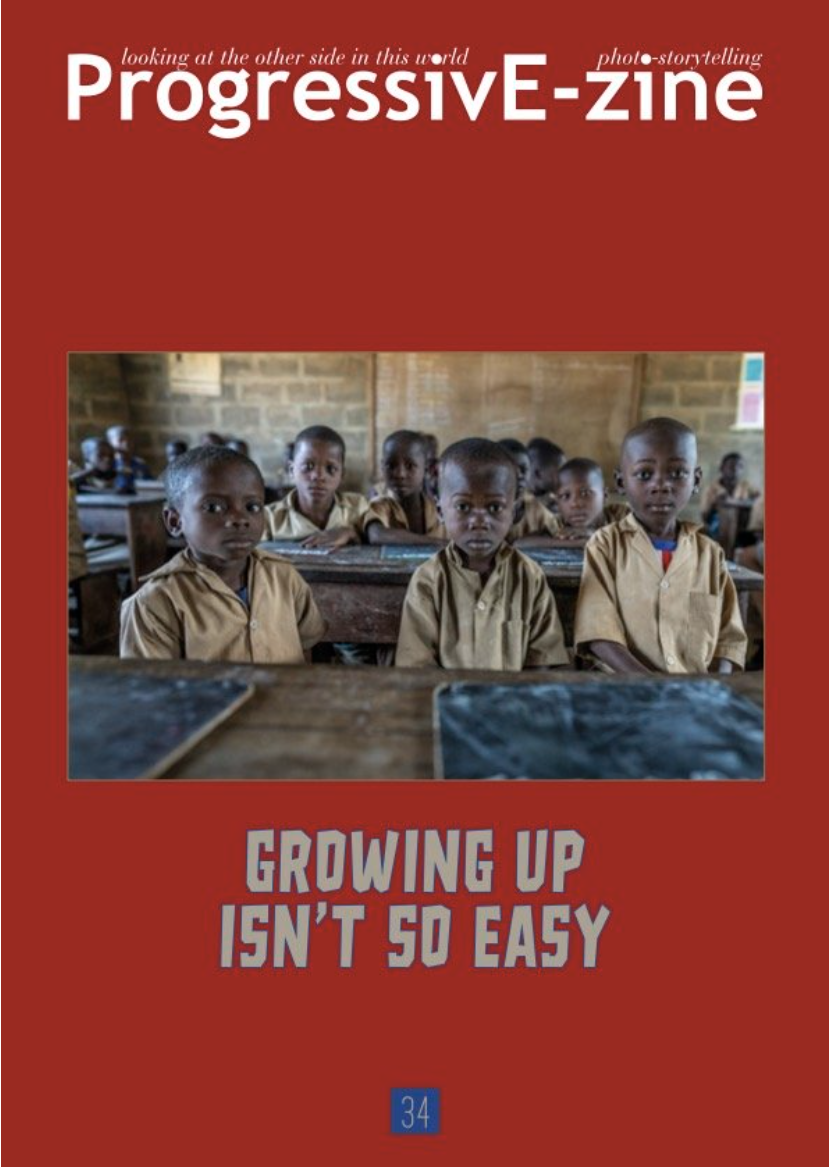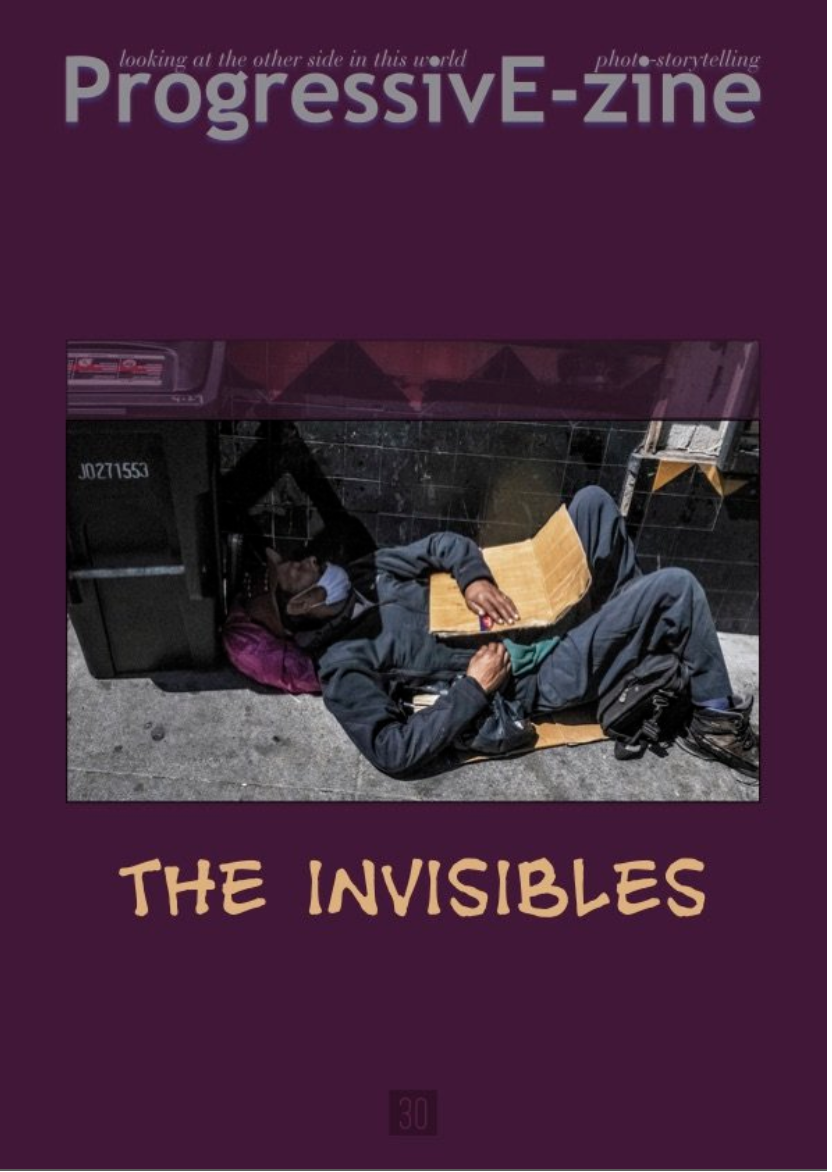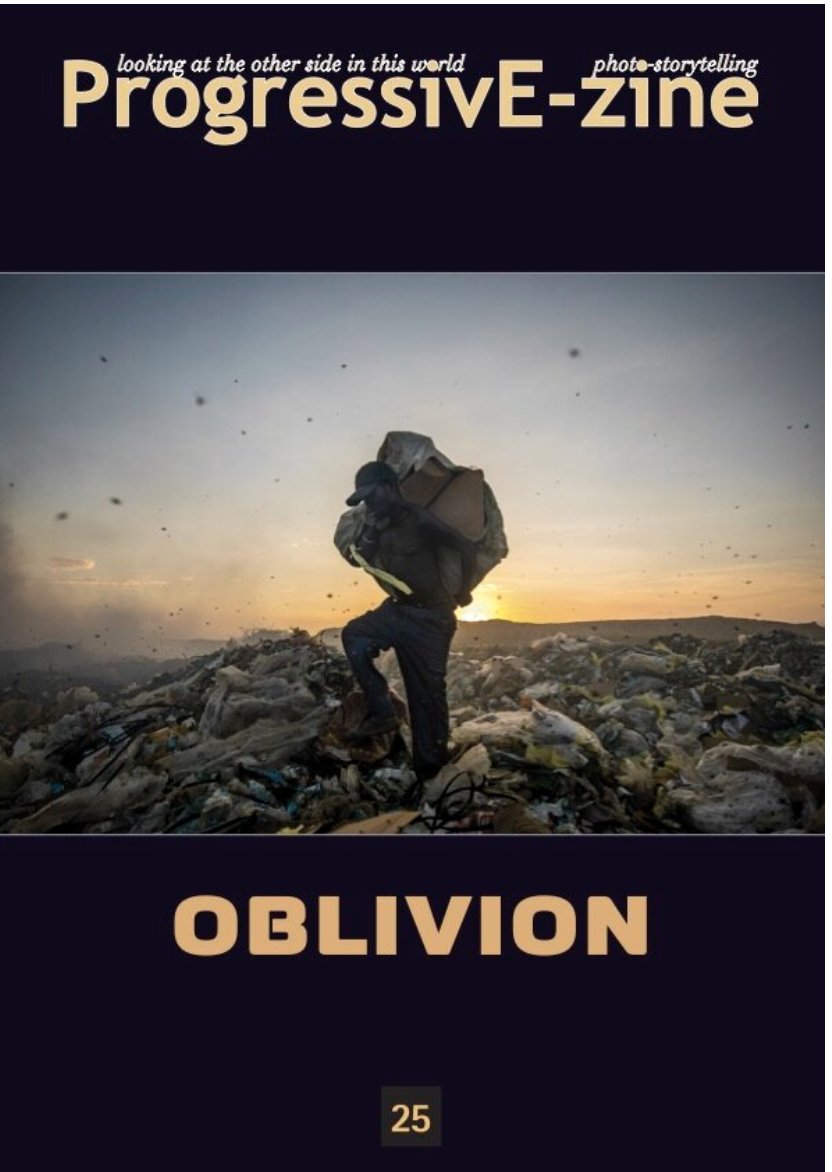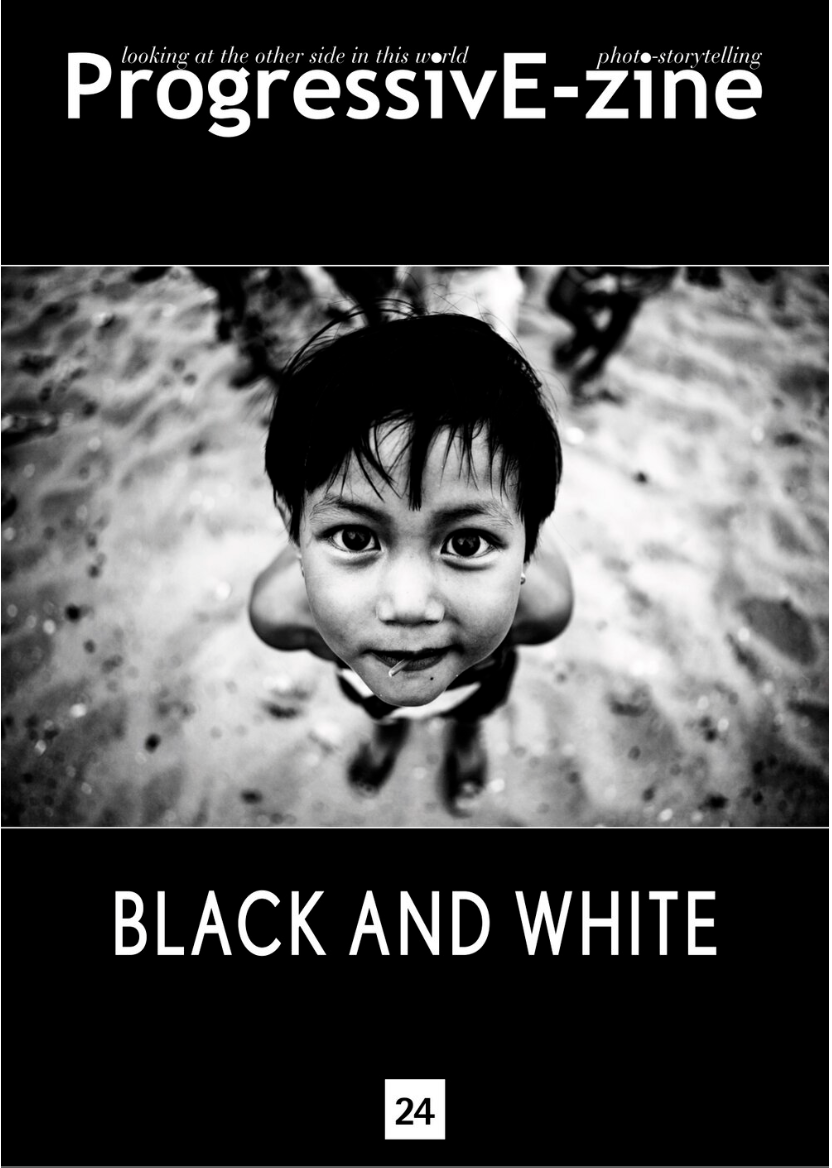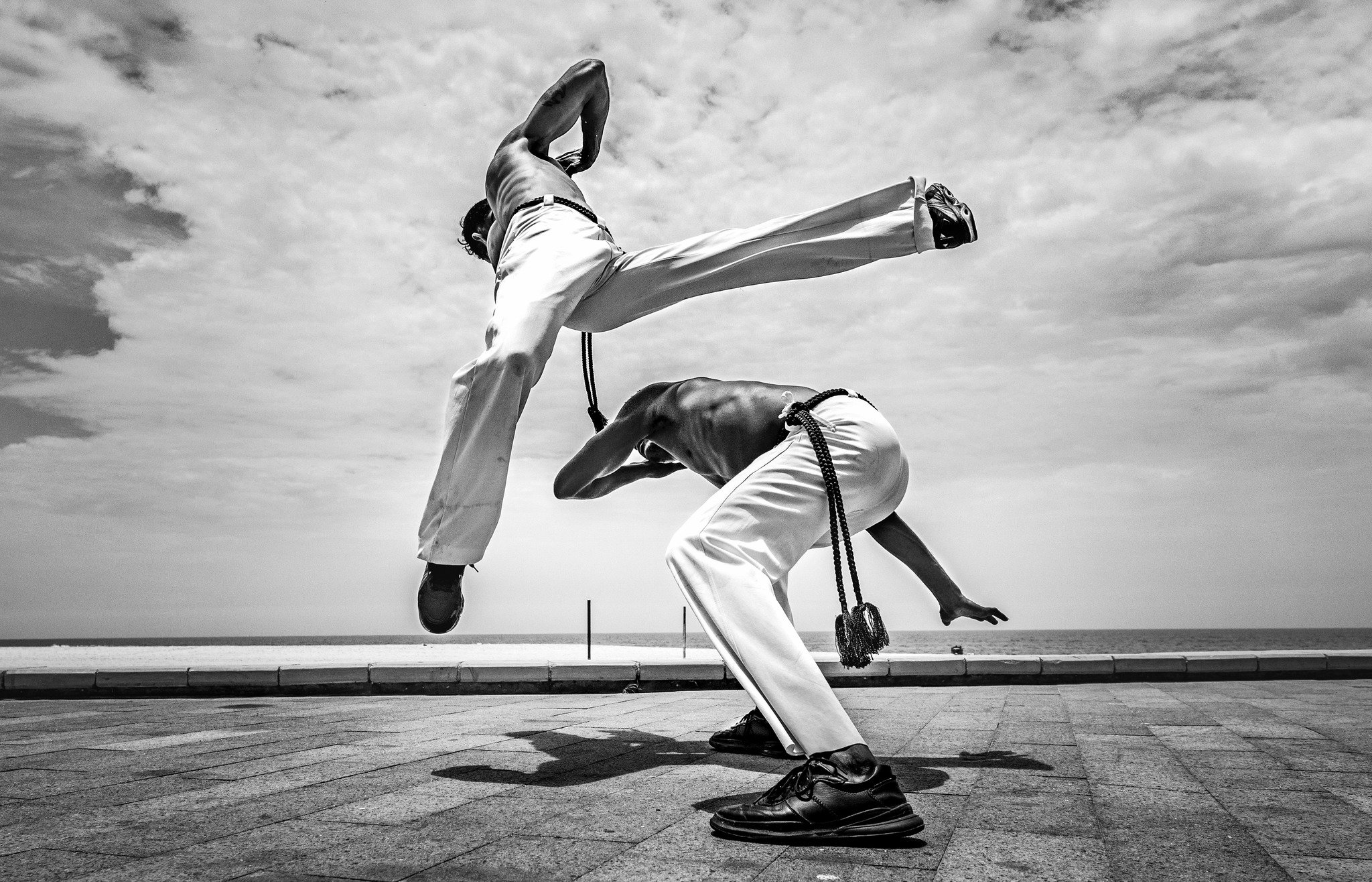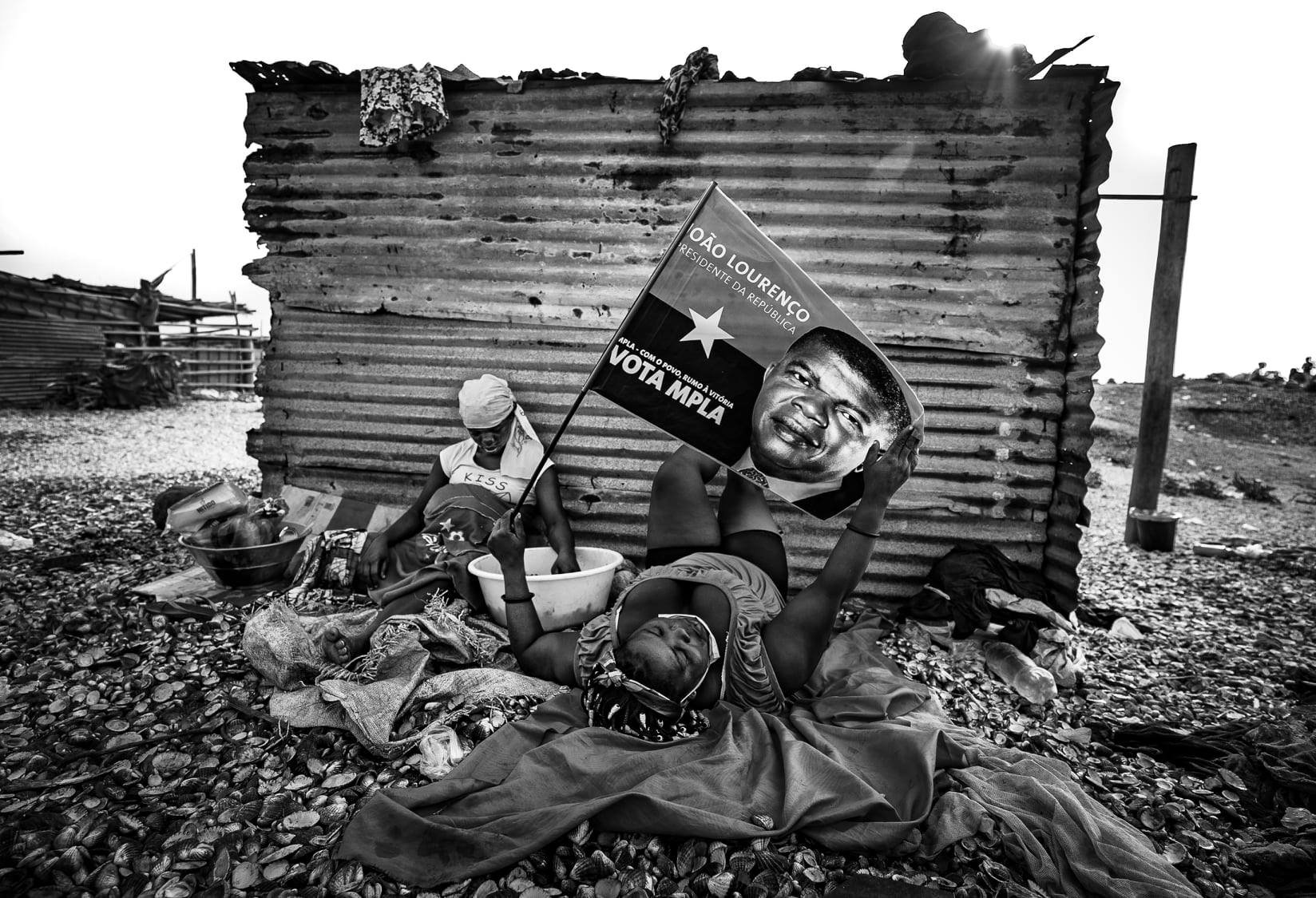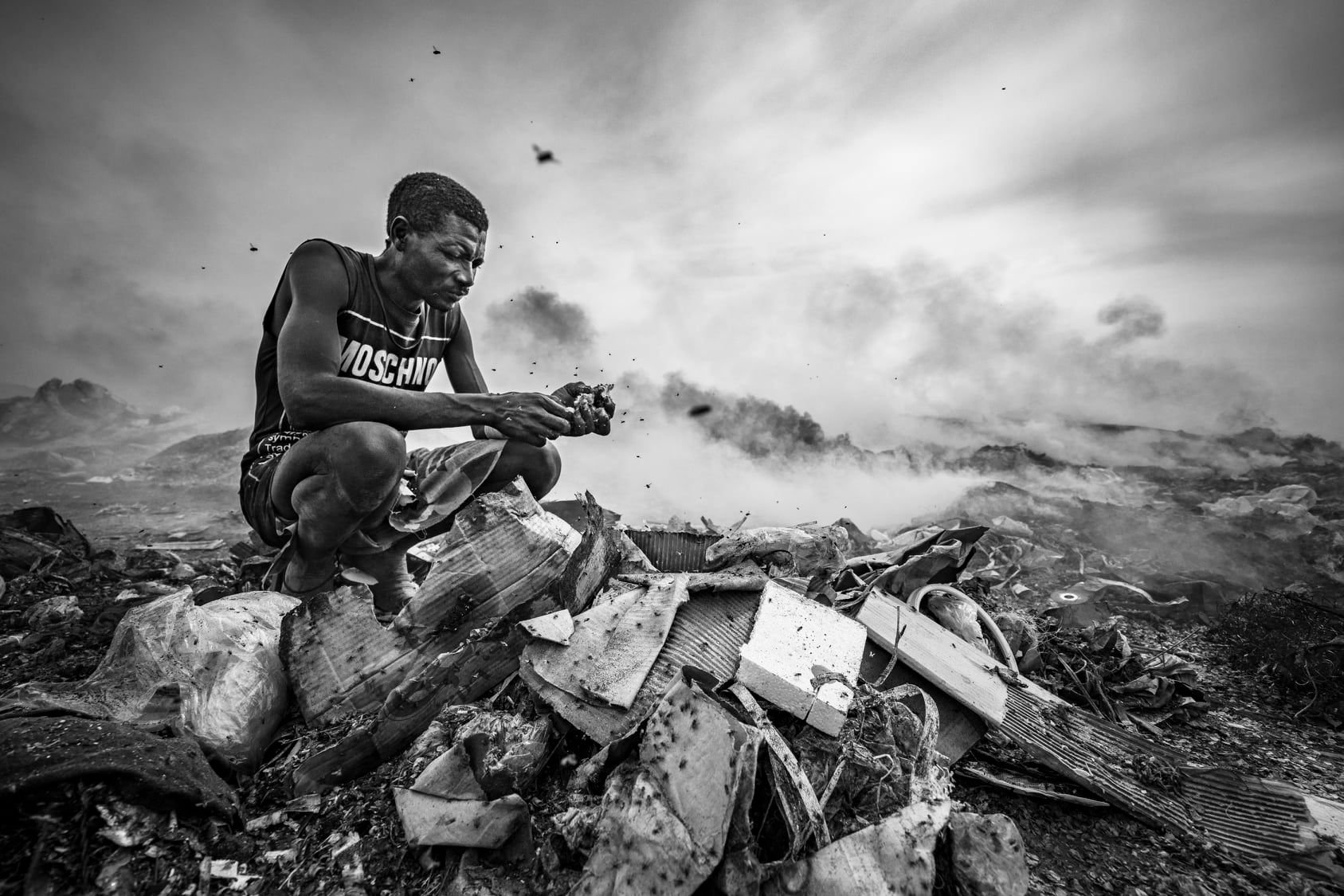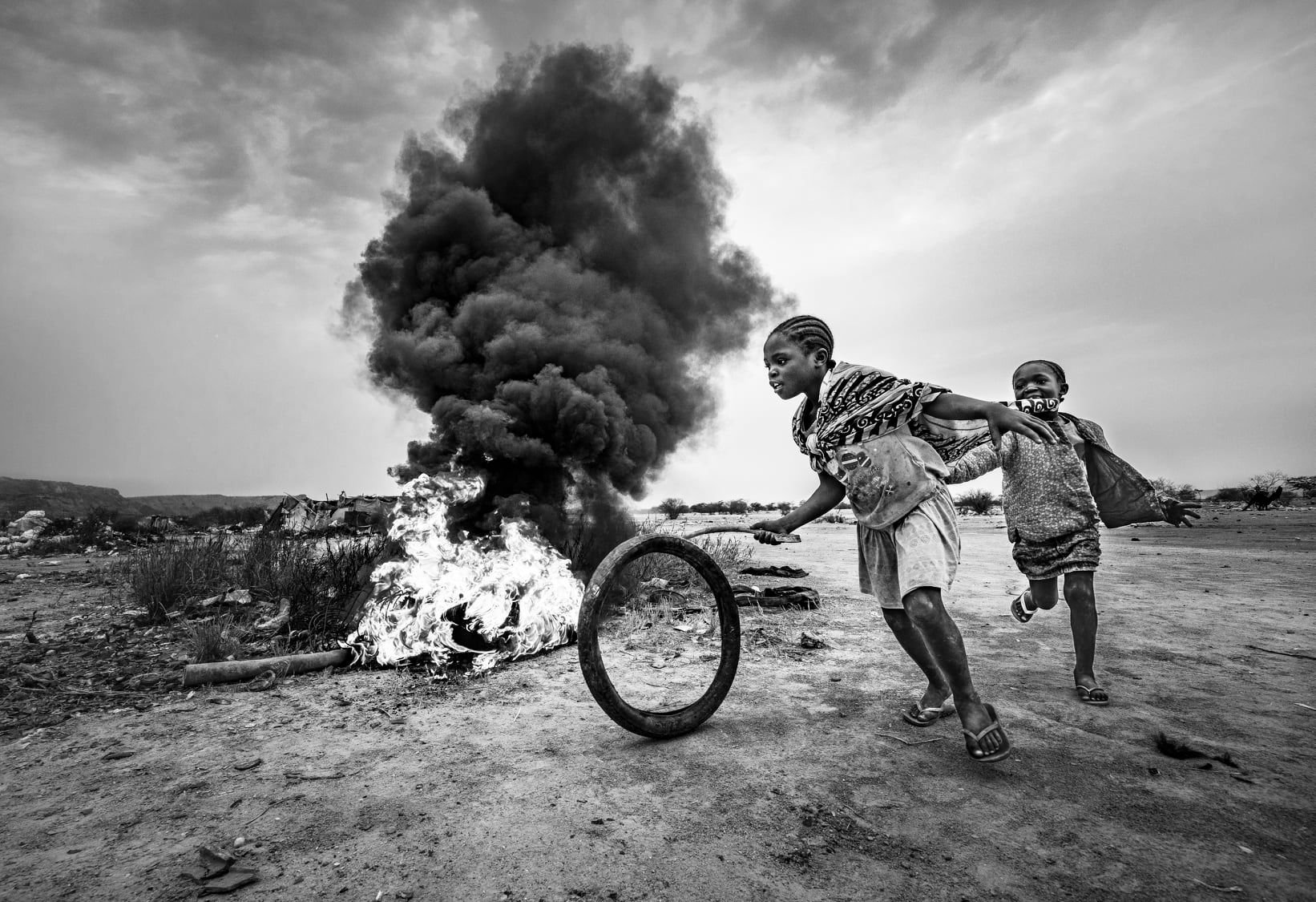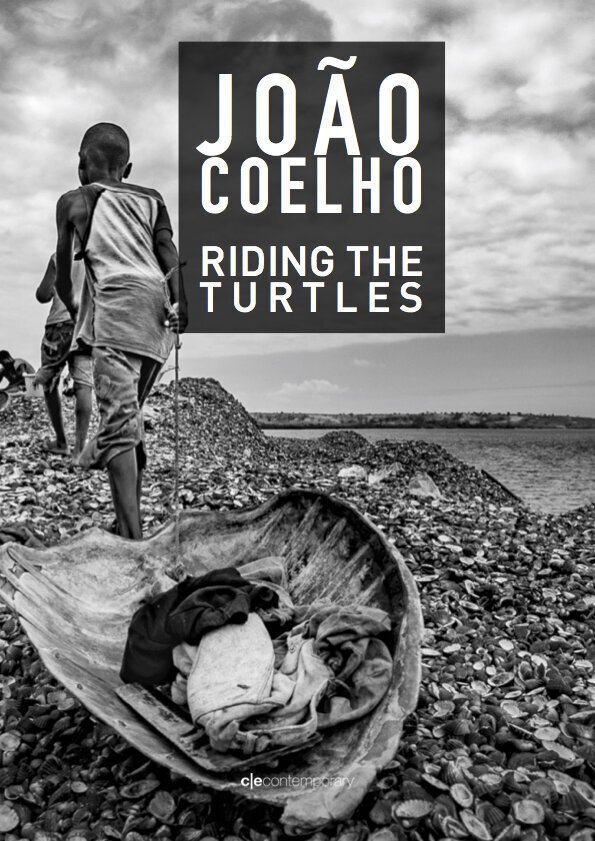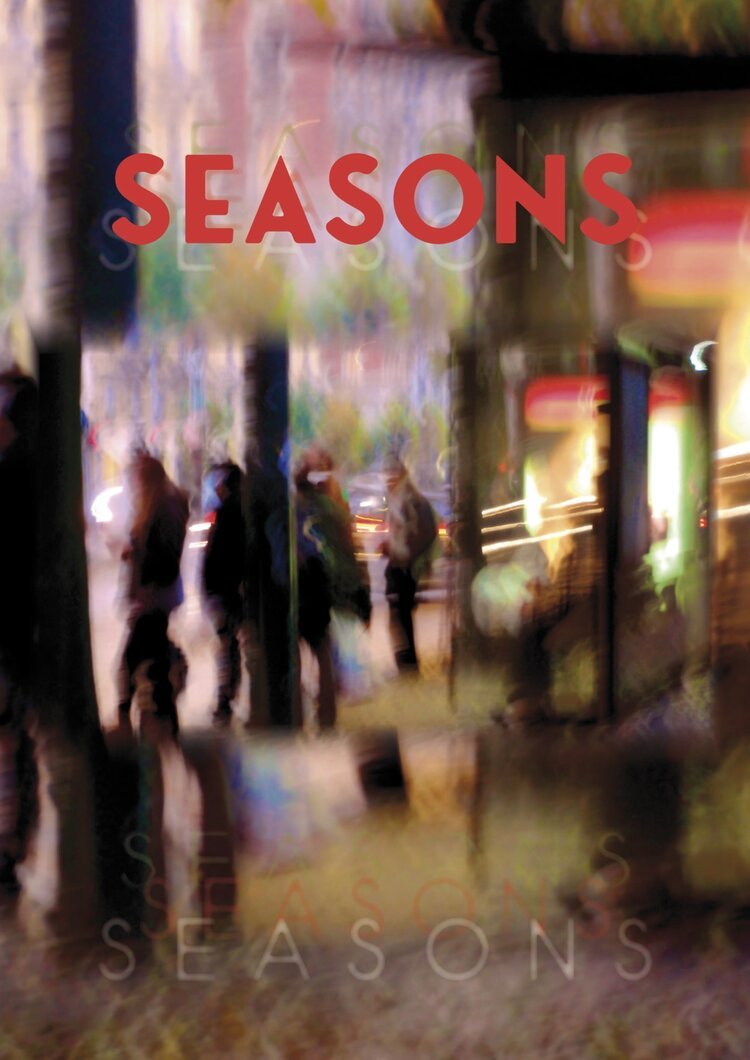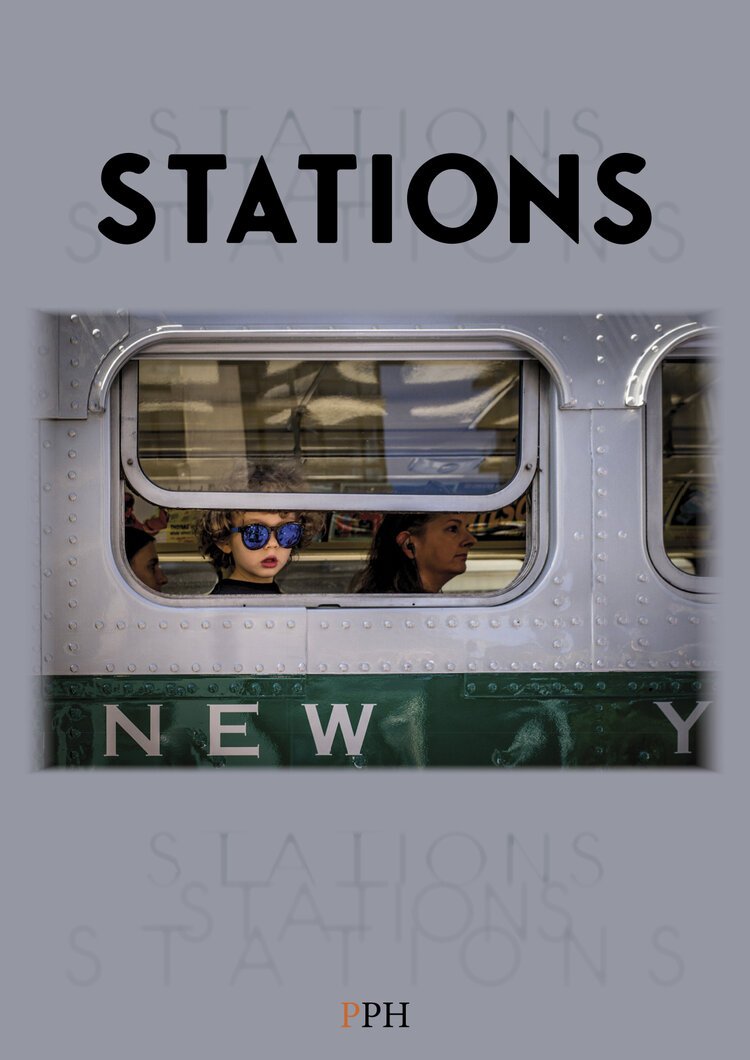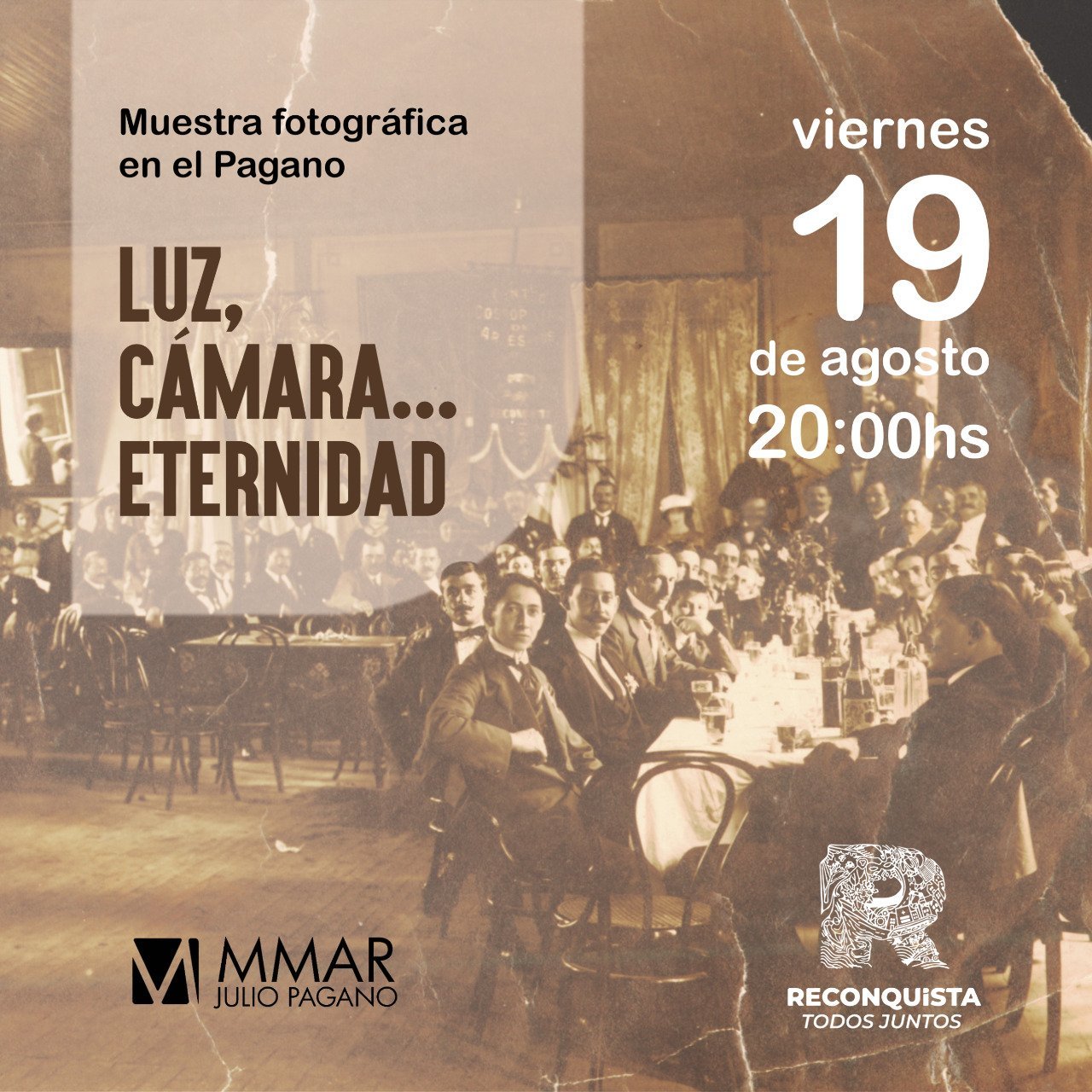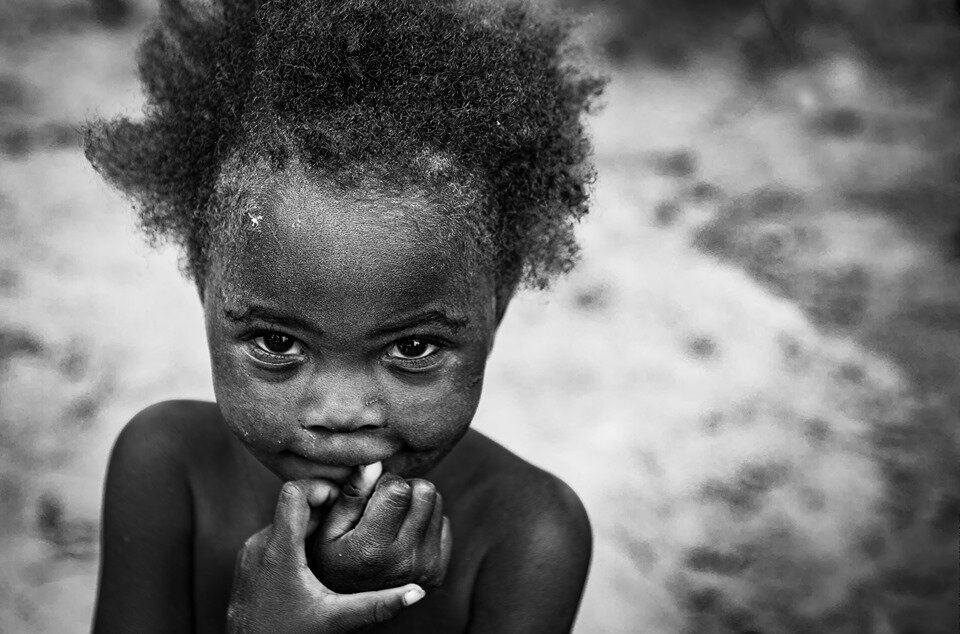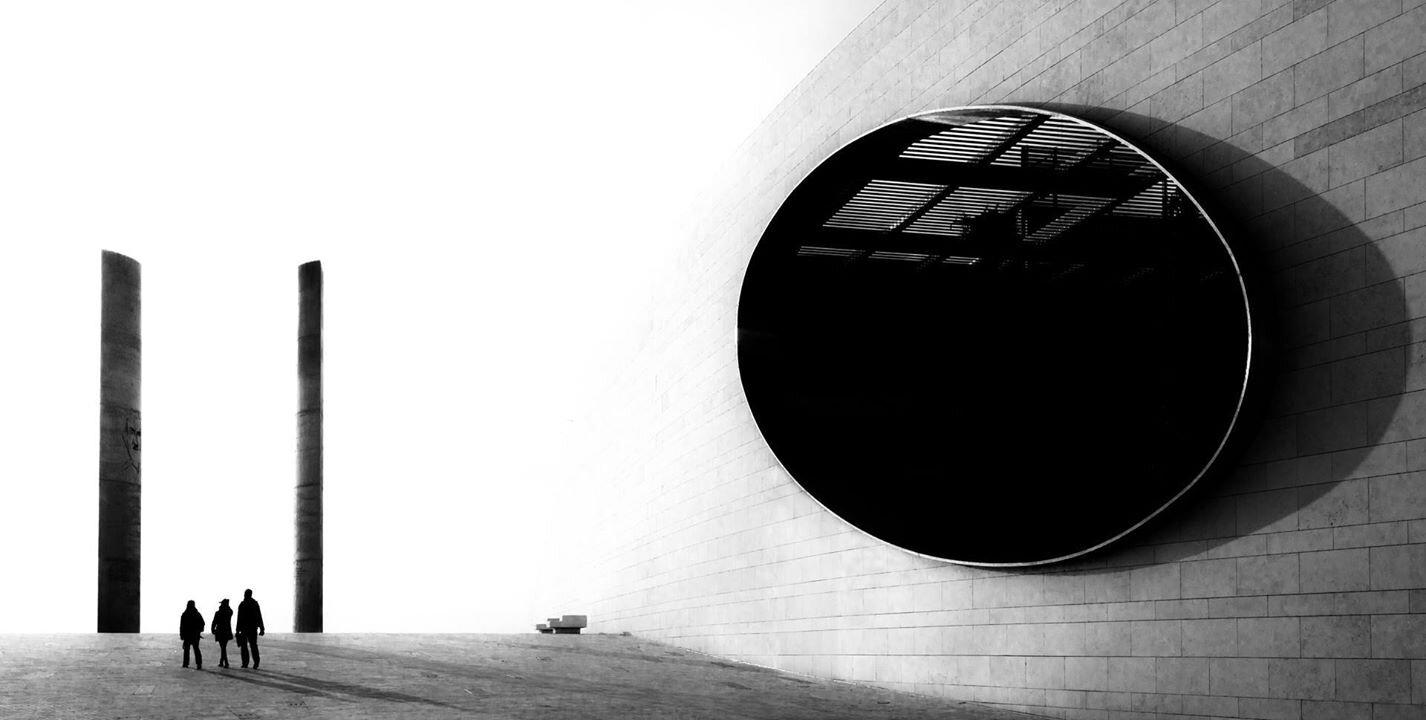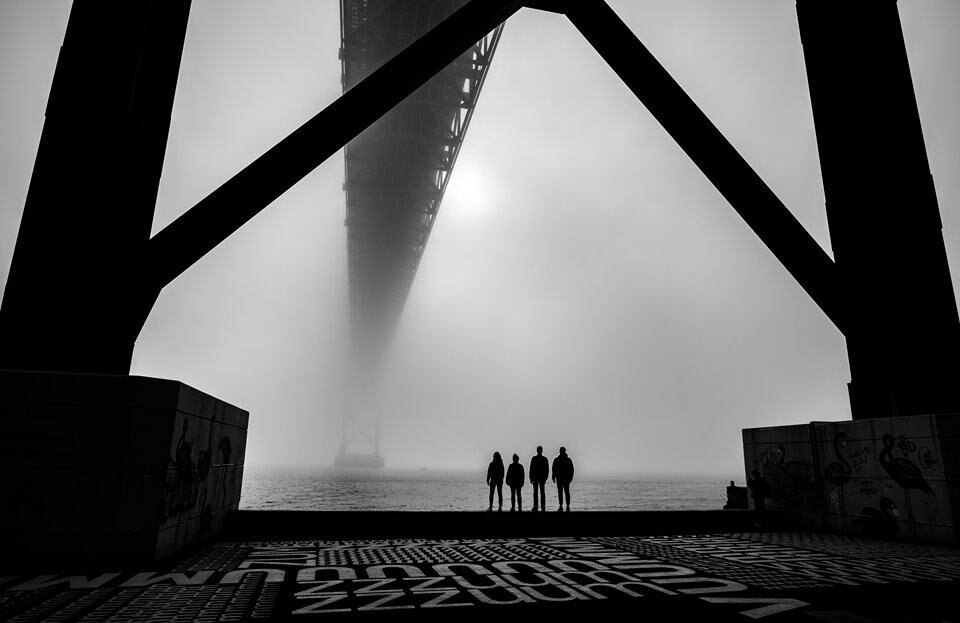João Coelho
a photographer fascinated by human nature
I avoid photographing people or scenes that, due to their violence, obscenity, racism or religious beliefs, go beyond what is acceptable, even from a documentary or journalistic photo point of view.
I have always felt a strong attraction for art in all its dimensions, photography came naturally along with this passion. I remember devouring everything I could get from books, magazines or exhibitions before the advent of the internet. I have always been a self-taught photographer since the dream began to materialize at 18 with the purchase of my first camera. Everything I know and do today has been the fruit of countless attempts and mistakes, of a spirit of self-criticism that has become more and more demanding and of an enormous will to do better.
For several reasons, photography has been dormant in my life for almost 10 years, when I return to Angola, the country where I was born and lived a childhood that I still keep the best moments of today. A return to my origins to work in public projects in the social area, but mainly with another motivation: to respond to the emotional and sentimental appeal of the land that I left abruptly in early adolescence and that stubbornly never abandoned me.
The most direct and profound contact with Africa, with its impressive palette of colours, sounds, smells and truly unique moments, quickly awakened in me a special sensitivity to the human aspects that surround me and led me to look more closely at people and the way they live and work. This is how an enormous will to capture emotions, feelings or states of mind and tell stories through photographs that document the human condition is born. These are stories of survival and hard lives of very simple people, but where there are also wonderful moments of dignity, pride, mutual help, joy and innocence.
The great proximity that characterizes the vast majority of my work obliges me to approach my subjects that often go beyond the context of photography alone. It’s absolutely essential to creating some empathy with the people I photograph. It’s often confidence that is acquired over time to be accepted in their environment and they act naturally in my presence. For this, it’s necessary to be humble and simple like them and to be able to communicate, speak their language or even their slang. Or simply respect their silence or their privacy. I know their names, their lives, their stories, this is as important to me as the photography itself.
The photography work I have done in Angola has led me to rethink the world and the way I’m in it, to look at people and how they live differently, and to relativize my wishes, my desires and my expectations. Today I’m a simpler and more human person.
2024
2023 has been an exciting and enriching year for João!
Photography can change the world!
About a year ago, Stefan Kreienbrock contacted me to share one of my most gratifying news for me: he wanted to use the revenue from sales of Le Magazine published by the Fotografie in schwarz weiß group to make a donation to the families who live at the dump where I am doing a project that is very dear to me: "The Forgotten". After overcoming some setbacks, the donation was finally made. Around 300 clothes, 50 pairs of shoes and non-perishable foods were delivered directly to these families, especially to their children. This is undoubtedly a very hopeful example of how the world can be changed for the better with the aid of photography and and people's will and humaneness. On behalf of all these families, I would like to express my deepest gratitude to Stefan.
Awesome news has just come from the United States! The renowned Black & White Spider Awards voted João Amateur Photographer of the Year, after winning the 1st prize in the Children of the World category, 2nd in the Silhouette category and 3rd in the Photojournalism category, along 5 Honorable Mentions. https://photoshow.thespiderawards.com/index.php
4 Honorable Mentions in the Photojournalism / Story category at the ND Awards. https://ndawards.net/.../non.../honorable-mentions/
The 1st and 3rd Place at the renowned International Photography Awards in the Non-Professional Editorial category.
The prestigious reFocus Awards have chosen João Coelho as International Discovery of the Year at the World Photo Annual. His photo "The Kingdom of Flies" was awarded Discovery of the Year in Photojournalism, along with a Silver Award and two Bronze Awards in the same category.
Click on the image to read the interview:
Awarded Photographer of the Year and Winner of the Year by the European Photography Awards jury.
https://europeanphotoawards.com/winner.php
Two Honorable Mentions in the categories of photojournalism series and single at the prestigious Monovisions Awards 2023.
“Bullets to the sky” featured in the upcoming Prix Pictet book, along with a selection of outstanding photographs that best reflect the theme of "Human," the 10th cycle of the award. A series from the project "Bullets to the sky" was nominated by Manuel Rivera-Ortiz for this award to be announced in July. Since its foundation in 2008, the Prix Picter has been “harnessing the power of photography to draw global attention to issues of sustainability”
November 2022. The photo "The kingdom of flies" won the 41st contest of the prestigious PHOTO magazine in the Photojournalism category and will be published in the next issue of the magazine dedicated to the contest, accompanied by a short introductory text about Coelho and his work.
Scavengers
It is at the end of the day that the dump resembles a post-apocalyptic scenario. The atmosphere is heavy, almost palpable, interspersed with the living flames of the fires spewing toxic fumes that mix with the warm evening air. It is the time of the scavengers. The leftover food has already been disputed during the day with the animals, who are beginning to leave the place. Now there remain pieces of metal and glass that the fires manage to expose amidst the amalgam of burnt debris, the last hope at the end of another day at the dump.
Despair
Another day spent at the dump where they live and work, scavenging the spoils of others to survive. Pieces of metal, cans, bottles, and even food scraps, everything is carefully collected to sell or eat. But the garbage is not always kind to them, sometimes the city leaves them almost nothing. It is at the end of the afternoon, after they have worked hard scavenging through the piles dumped by the garbage trucks, that disappointment and despair overwhelms them. The despair of a mother and father who don't know how they will feed their child
Threatening horizon
Dark and threatening clouds hang over the beach where little Maria's mother works. While holding with both hands the box with the food that must be enough for the day, as if she were afraid of losing it, she scrutinizes the horizon. A horizon that also seems threatening to her big eyes. What fears, anxieties or doubts will she have at this time when she has apparently stopped being a child and seems to be concerned about her future, like everyone else here on this beach?
Hope
Both are pregnant again and each of them is already the mother of more than 3 children, something normal in a country where the fertility rate in suburban areas is currently 8.2 children per woman. They are living on the edge of survival and each new child that comes along raises the problem of subsistence again. They are single mothers left to their very own resources, without any support from the fathers of their children. In a gesture of innocent patriotism, one of them plays with a pamphlet flag in support of country's president. Hope for a better future or again the disappointment of a past that persists in repeating itself? Only the future will tell
OPENING Friday 11 June 2021: exhibition open from 9 to 19 at 18:00 toast and presentation of the exhibition by the curators Batsceba Hardy and Christine Enrile
in mostra fino al 4 dicembre 2021 SEZIONE DISCOVERY
Group Exhibitions
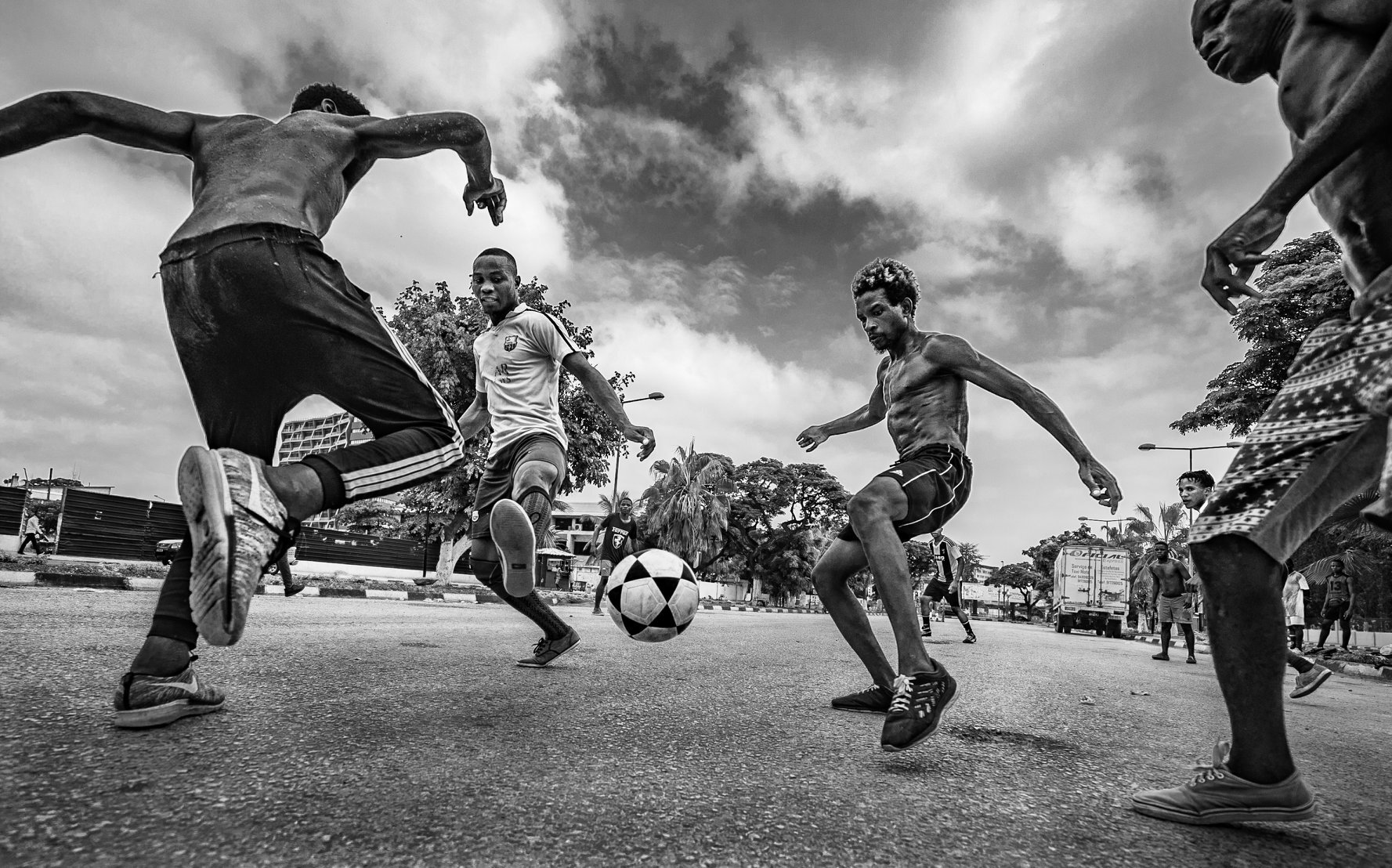



Catello Mediceo Melegnano the best pics of the World Water Day Photo Contest 2021
Milano September 18 - October 3 (Photo Festival 2021)















































